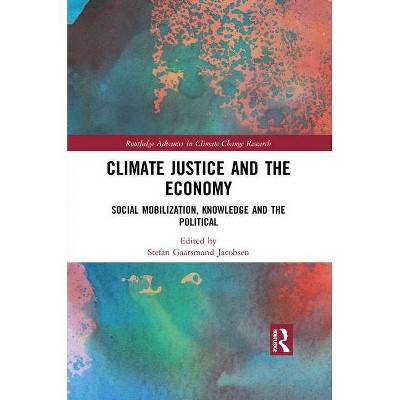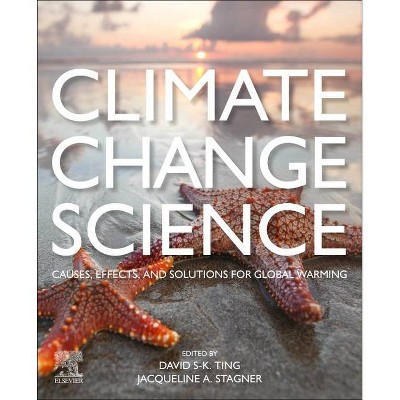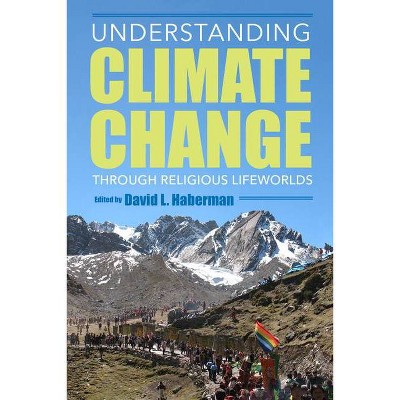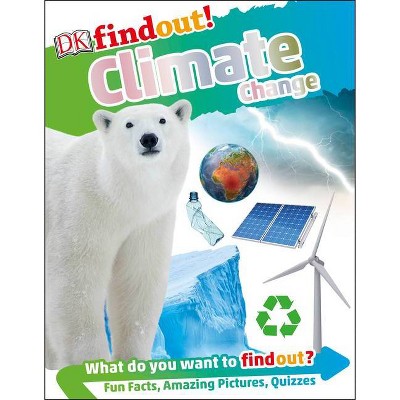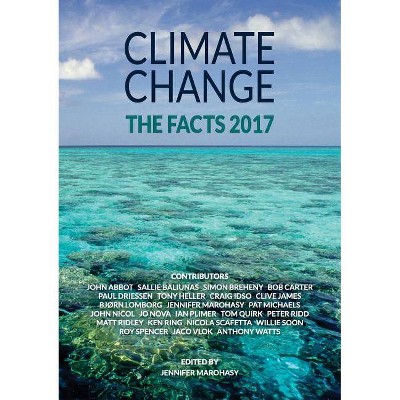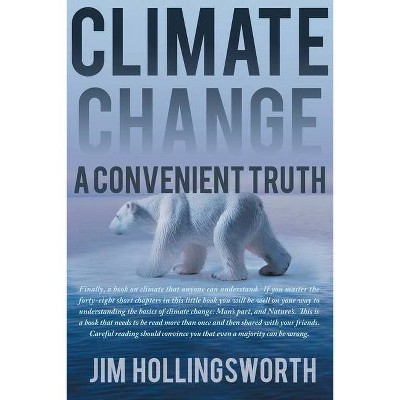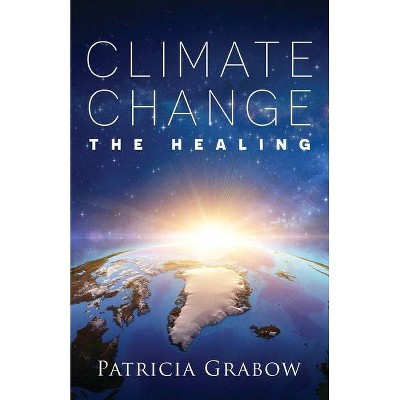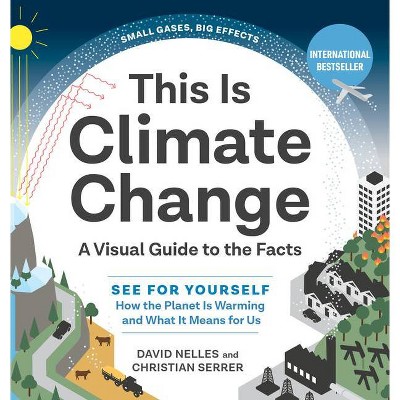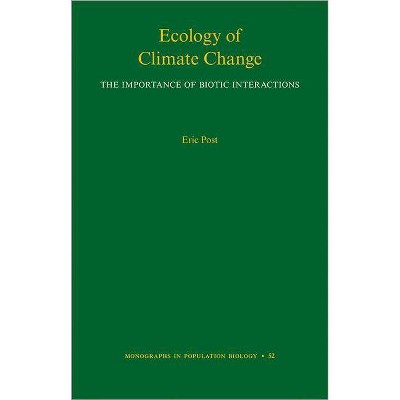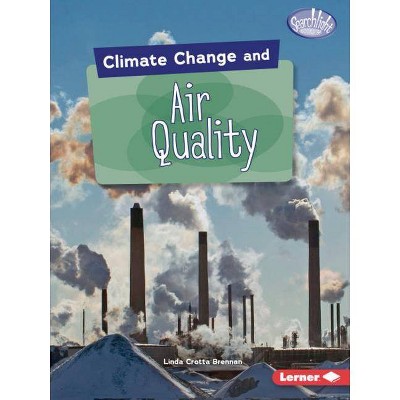Climate Change Justice - by Eric A Posner & David Weisbach (Paperback)
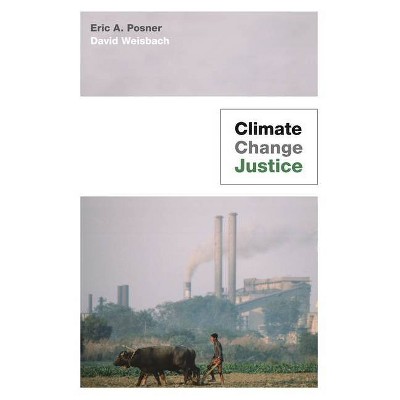
Similar Products
Product info
<p/><br></br><p><b> Book Synopsis </b></p></br></br><p><b>A provocative contribution to the climate justice debate</b> <p/>Climate change and justice are so closely associated that many people take it for granted that a global climate treaty should--indeed, must--directly address both issues together. But, in fact, this would be a serious mistake, one that, by dooming effective international limits on greenhouse gases, would actually make the world's poor and developing nations far worse off. This is the provocative and original argument of <i>Climate Change Justice</i>. Eric Posner and David Weisbach strongly favor both a climate change agreement and efforts to improve economic justice. But they make a powerful case that the best--and possibly only--way to get an effective climate treaty is to exclude measures designed to redistribute wealth or address historical wrongs against underdeveloped countries. <p/>In clear language, <i>Climate Change Justice</i> proposes four basic principles for designing the only kind of climate treaty that will work--a forward-looking agreement that requires every country to make greenhouse-gas reductions but still makes every country better off in its own view. This kind of treaty has the best chance of actually controlling climate change and improving the welfare of people around the world.</p><p/><br></br><p><b> From the Back Cover </b></p></br></br><p>"To attract broad participation from the major countries emitting greenhouse gases, both rich and poor, a climate change treaty has to be cost-effective and perceived as fair. In this book, while agreeing that fairness matters, Posner and Weisbach make a provocative case that fairness has been widely misunderstood."<b>--Jonathan B. Wiener, Duke University</b></p><p>"This incisive book points the only way forward on climate change. Posner and Weisbach carefully weigh the arguments on a wide range of issues, from what policies have the strongest merit to how we should value the welfare of future generations. The analysis is provocative, judicious, and accessible. Read these pages. They will clarify your thinking."<b>--Richard J. Zeckhauser, Kennedy School of Government, Harvard University</b></p><p>"There is no challenge facing the world that combines the importance and the apparent intractability of the threat of global climate change. The central problem is the necessity of including all major emitting countries--both developed and developing--in a meaningful international agreement. This raises exceptionally difficult questions regarding distributional equity. Eric Posner and David Weisbach take on these questions, and in the process provide an excellent roadmap to the playing field, and--more important--some surprising and enlightening answers. This book should be on the must-read list of anyone seriously concerned about global climate policy."<b>--Robert N. Stavins, professor and director, Harvard Project on International Climate Agreements</b></p><p>"Taking a clear, unflinching, and rigorous approach, this book pierces simplistic views of climate change justice, and makes a strong case for addressing climate change and justice separately. It will change the debate."<b>--Michael P. Vandenbergh, director of the Climate Change Research Network</b></p><p>"This is the most sustained and broad-gauged discussion of climate justice that I know of. Serious future debates about the subject will have to deal with this book and its arguments. It will interest general readers as well as specialists in climate policy."<b>--Richard Stewart, author of <i>Reconstructing Climate Policy: Beyond Kyoto</i></b></p><p/><br></br><p><b> Review Quotes </b></p></br></br><br>[B]y reflecting so clearly on the current 'economic consensus', Posner and Weisbach provide a useful introduction to the current state of play in climate change politics.<b>---Joy Paton, <i>Australian Journal of Political Science</i></b><br><br>[T]his book is a potent attack on an argument that is growing rapidly in popularity yet declining in clarity and focus. . . . Chapter 1 provides what must be one of the most comprehensive, comprehensible, and yet still succinct accounts of the science of anthropogenic climate change currently in print.<b>---Jamison E. Colburn, <i>Concurring Opinions blog</i></b><br><br>Anyone taking part in the next round of climate negotiations in Mexico in December should take this book with them. It is . . . certainly a guide. Legislating for the future is always tricky. This area is trickier than most.<b>---Sir Crispin Tickell, <i>Financial Times</i></b><br><p/><br></br><p><b> About the Author </b></p></br></br><b>Eric A. Posner</b> and <b>David Weisbach</b> teach at the University of Chicago Law School.
Price History
Price Archive shows prices from various stores, lets you see history and find the cheapest. There is no actual sale on the website. For all support, inquiry and suggestion messagescommunication@pricearchive.us
